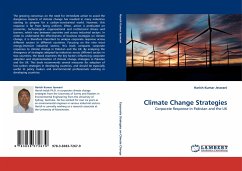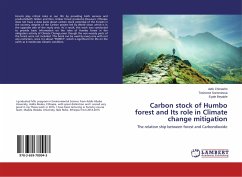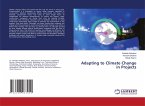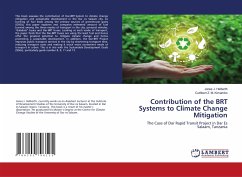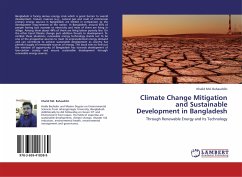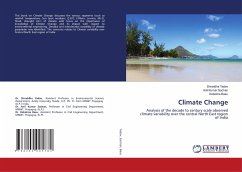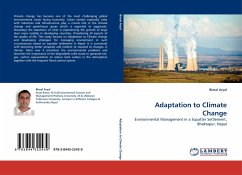The growing consensus on the need for immediate action to avoid the dangerous impacts of climate change has resulted in many industries starting to prepare for a carbon-constrained world. However, this response is far from being uniform. Often, action is predicated on economic, technological, organisational and institutional drivers and barriers, which vary between countries and across industrial sectors. In order to understand the effectiveness of business strategies on climate change, it is therefore important to analyse corporate response across different sectors in different countries. Focusing on the nine most energy-intensive industrial sectors, this book compares corporate responses to climate change in Pakistan and the UK. By analysing the divergence of strategies adopted by industries across different sectors in two countries, the book examines the key factors influencing corporate adoption and implementation of climate change strategies in Pakistan and the UK. This bookrecommends several measures for adoption of low-carbon strategies in developing countries, and should be especially useful to policy makers and environmental professionals working in developing countries.
Bitte wählen Sie Ihr Anliegen aus.
Rechnungen
Retourenschein anfordern
Bestellstatus
Storno

